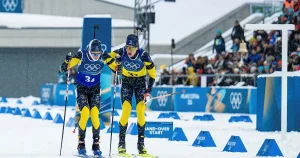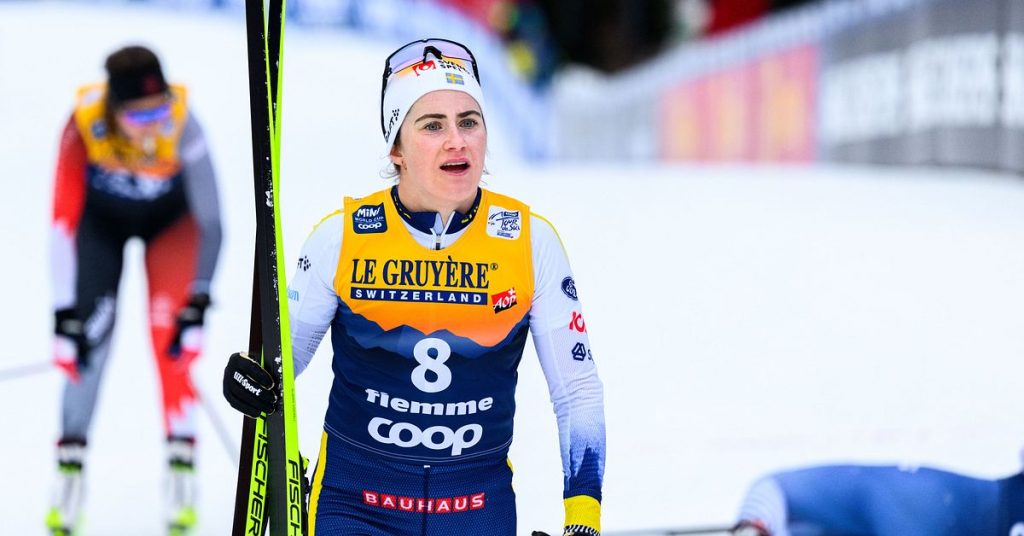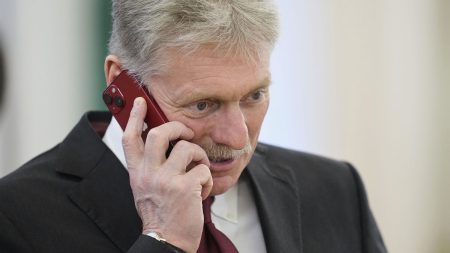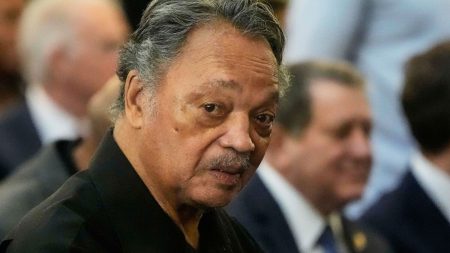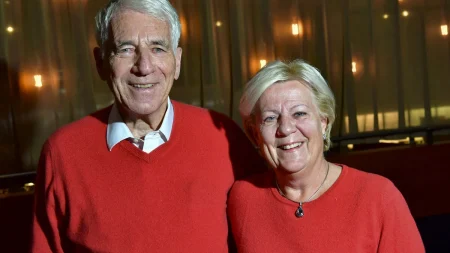Ebba Andersson, a prominent figure in the Swedish cross-country skiing scene, has participated in a majority of the World Cup races this season and is included in the Swedish team heading to Les Rousses, France, for the upcoming weekend’s competition. However, following this competition, Andersson has made the strategic decision to skip the subsequent two weekends of World Cup races, opting to forgo the events in Cogne, Italy, and Engadin, Switzerland. This conscious break from competition is a calculated move designed to allow Andersson to prioritize training and recovery, ensuring she’s in peak form for the crucial latter stages of the season, particularly the World Championships.
Andersson’s decision to step back from competition reflects a long-term perspective, prioritizing sustainable performance and maximizing her chances for success in the most important races. While the World Cup circuit offers valuable competition experience and ranking points, the relentless schedule can take a toll on athletes, both physically and mentally. By strategically choosing to withdraw from these two weekends, Andersson can dedicate her time to focused training, addressing specific aspects of her technique and fitness without the pressure and travel demands of competition. This period will allow her body to recover from the accumulated strain of the season thus far and rebuild reserves for the demanding races ahead.
The Italian and Swiss World Cup weekends, while important events on the calendar, are not the pinnacle of the season. Andersson’s focus is firmly fixed on the upcoming World Championships, the most prestigious event of the year. By prioritizing preparation for this major competition, Andersson aims to arrive at the starting line in optimal condition, both physically and mentally. The two weeks away from the World Cup circuit will allow her to fine-tune her preparations, hone her race strategy, and ensure she’s fully rested and ready to compete at the highest level against the world’s best skiers.
The decision to step away from competition, while potentially impacting her World Cup ranking, demonstrates Andersson’s commitment to a strategic approach, emphasizing quality over quantity. This calculated risk underscores her understanding of the demands of elite cross-country skiing and her prioritization of long-term goals. While missing World Cup races might seem counterintuitive for a top athlete, it’s a testament to Andersson’s awareness of her own needs and her commitment to achieving peak performance at the most crucial moments. This decision emphasizes the importance of listening to one’s body, recognizing the value of rest and recovery, and prioritizing long-term athletic development over short-term gains.
Andersson’s training during this period will likely encompass a combination of on-snow skiing, strength and conditioning work, and recovery protocols. The dedicated training time will allow her to address any weaknesses, refine her technique, and build her endurance and speed. This focused preparation will be crucial for the challenging courses and competitive field she will face at the World Championships. Furthermore, the time away from the pressures of competition will allow her to mentally recharge and refocus, ensuring she’s in the right mindset to perform at her best when it matters most.
In conclusion, Ebba Andersson’s decision to skip two World Cup weekends is a strategic move designed to optimize her preparation for the upcoming World Championships. By prioritizing rest, recovery, and focused training, Andersson aims to arrive at the championships in peak physical and mental condition, ready to contend for the highest honors. This calculated approach demonstrates her commitment to long-term athletic development and her understanding of the demands of elite-level competition. While the decision to forgo World Cup races might seem unconventional, it reflects a thoughtful and strategic approach to maximizing her chances of success on the biggest stage. This emphasizes the importance of individualized training plans and the recognition that maximizing performance often requires a nuanced approach tailored to the specific needs and goals of the athlete.



